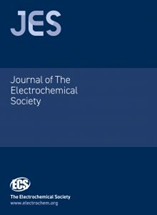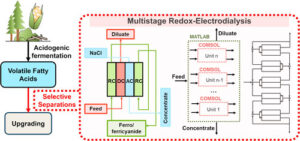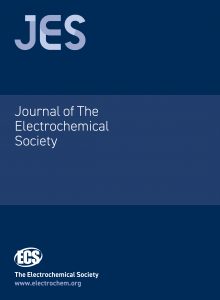 All-solid-state batteries are widely viewed as a next-generation solution for safer and higher energy storage. But translating promising materials from the lab to large-scale manufacturing depends on more than performance alone—it also requires compatibility with real-world production environments.
All-solid-state batteries are widely viewed as a next-generation solution for safer and higher energy storage. But translating promising materials from the lab to large-scale manufacturing depends on more than performance alone—it also requires compatibility with real-world production environments.
A new open-access article in the Journal of The Electrochemical Society examines how chloride-based solid-state electrolytes behave when exposed to dry room conditions commonly used in battery manufacturing. The study focuses on practical considerations that matter for scalability, offering valuable insight into how these materials respond outside ideal laboratory settings. (more…)



